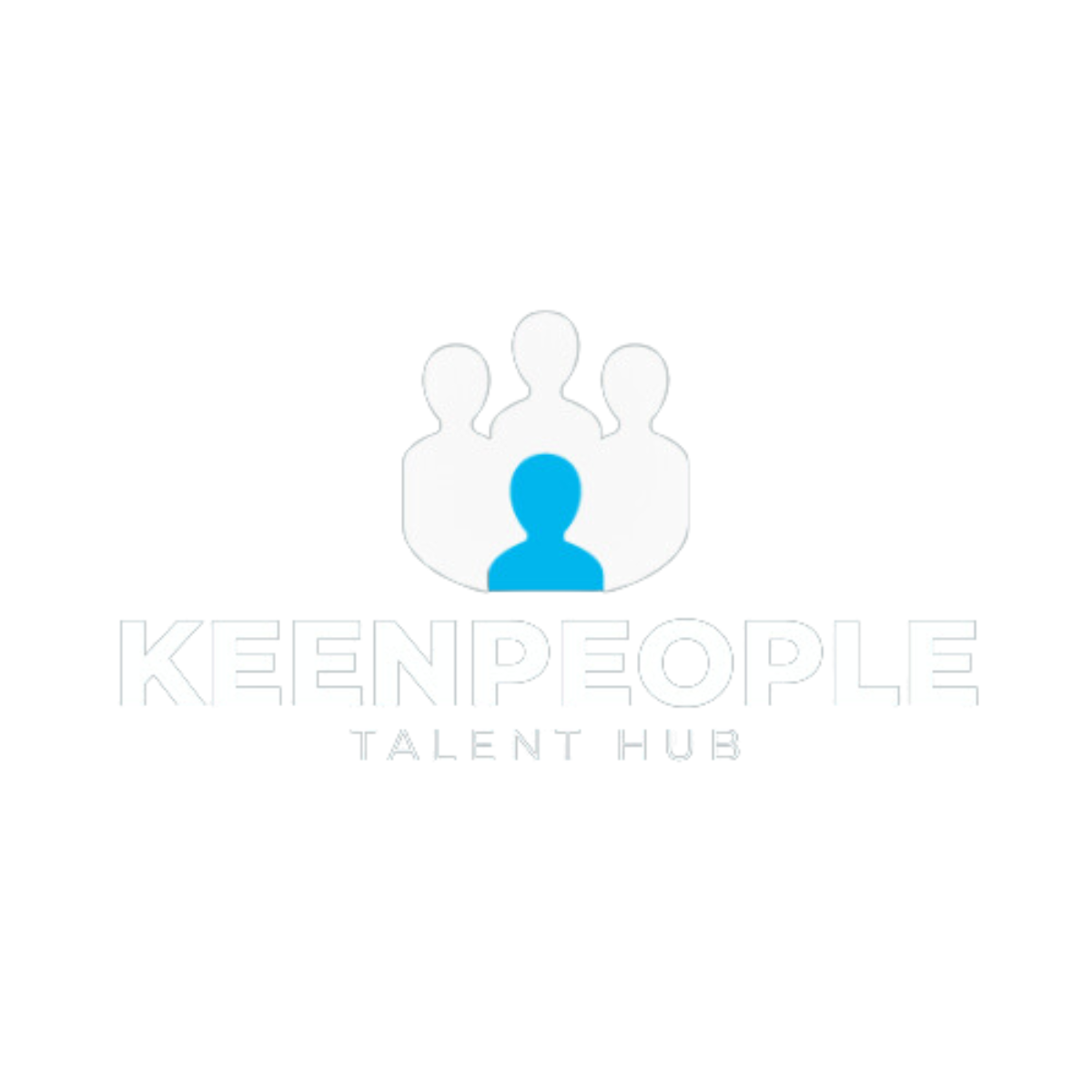How do we stay ahead of cyber threats when the talent just isn’t there?
The answer? Agile. Not just in project delivery, but in how we hire, train, and retain cybersecurity professionals.
UK Workforce in 2025: Keen People’s Insights on Salaries, Benefits, and Employment Expectations
We work closely with businesses and professionals to stay ahead of employment trends. The UK job market is shifting, with salaries, benefits, and workplace policies redefining how companies attract and retain talent. To remain competitive, organisations must understand what professionals expect and how they can deliver the right employment packages.
Navigating the Impact of National Insurance Increases on the UK Tech Sector
The UK tech sector is adjusting to a new cost factor in 2025. It’s not AI or talent shortages this time, but a rise in National Insurance contributions. This change is reshaping both how companies hire and how professionals view their earnings.
How Education Shapes Your Labour Market Success
In a competitive job market, understanding the link between education and career progression can transform how you attract and develop talent. Our latest data-driven analysis reveals clear steps on the ladder of employability, earnings and promotion speed and shows why savvy employers use these insights to design hiring and upskilling strategies that really work.
Data Driven Strategies for the Modern Recruiter
Recruitment today is about more than just filling vacancies, it’s about finding people who connect with your values and culture. Precision and empathy now drive hiring success.
Rethinking Overqualified Candidates: Are We Missing Out on Top Talent?
Hiring managers often hesitate when they see an overqualified candidate applying for a role. The assumption? They’ll be bored, expect too much, or leave as soon as a better offer comes along. But what if we’re looking at it all wrong?
Step-by-Step Guide: Using LinkedIn to Boost Your Job Search Exposure
LinkedIn is more than just a professional networking site, it’s a powerful tool that can significantly impact your job search. Employers, recruiters, and industry leaders use LinkedIn to find top talent, and if you’re not optimising your presence, you could be missing out on career-changing opportunities.
The Psychology of Job Searching: How Your Mindset Shapes Your Career Success
Job searching is often seen as a straightforward process, submit applications, attend interviews, and wait for responses. However, the reality is far more complex. How candidates approach their job search, handle setbacks, and maintain motivation plays a crucial role in determining success. Mindset is one of the most overlooked yet powerful factors in career progression.
The Work-Life Balance Myth: What Do People Really Want?
For years, employers have promised work-life balance. But let’s be honest, has it ever truly existed?
The idea that we can “balance” work and life, like two neat halves of a pie chart, just doesn’t fit reality anymore. What employees want today isn’t just fewer hours or a ping-pong table in the break room, it’s freedom, flexibility, and meaning.
Your Employees Are People Too: The Importance of Time Off for a Healthy, Productive Workforce
In the hustle and bustle of running a business, it’s easy to forget that the people driving your company aren’t just employees — they’re human beings. They’re parents, caregivers, children, volunteers, and active members of their communities. They have lives beyond the office (or home office) and need time to recharge, reflect, and reconnect with what matters most.










